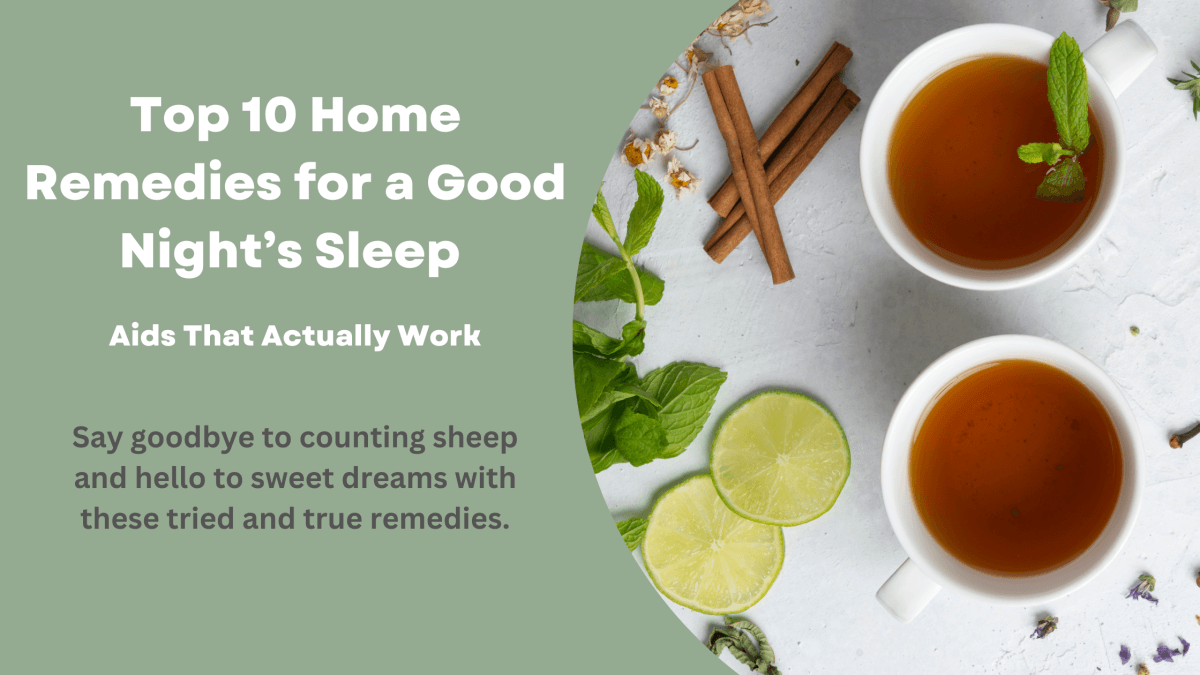Are Naps Good for You? The Benefits and Drawbacks of Napping
Naps often get a mixed reputation. Some swear by them as a quick fix to regain energy, while others avoid them, fearing they might disrupt their nighttime sleep. So, are naps actually good for you? The answer isn’t as straightforward as you might think. Let’s dive deeper into the science of napping, exploring when and how naps can be beneficial, and when they might do more harm than good.
The Benefits of Napping
Napping, when done right, can be a powerful tool to boost your energy and mental clarity. Here are some of the key benefits:
- Boosting Alertness and Performance One of the most well-known benefits of napping is its ability to enhance alertness. Research has shown that a short nap, typically lasting 20 to 30 minutes, can significantly improve your mood, alertness, and performance. This is because short naps allow your body to enter the lighter stages of sleep, where the brain can rest without entering deeper sleep cycles that might leave you feeling groggy. These quick bursts of rest can be especially helpful if you’re feeling sluggish during the day and need a quick recharge.
- Enhancing Learning and Memory Another fascinating aspect of napping is its effect on learning and memory. During sleep, your brain processes and consolidates information, making it easier to recall later. A brief nap can facilitate this process, helping you to better remember and process new information. This can be particularly beneficial for students or professionals who need to retain large amounts of data or information.
- Improving Mood and Reducing Stress Napping can also have a positive impact on your mood. A short nap can leave you feeling rejuvenated, reducing stress and making it easier to tackle the rest of your day with a positive mindset. The calming effect of sleep helps your body reduce cortisol levels, the hormone associated with stress, which in turn helps you feel more relaxed and at ease.
The Drawbacks of Napping
While naps can be beneficial, they are not always without drawbacks. Here are some potential downsides to consider:
- Sleep Inertia One of the main risks of napping, particularly if it extends beyond 30 minutes, is sleep inertia. This refers to the grogginess and disorientation you might feel upon waking from a nap. When you nap for longer periods, your body can enter deeper stages of sleep, making it harder to wake up and feel alert afterward. This can leave you feeling more tired than before, defeating the purpose of the nap.
- Disruption of Nighttime Sleep Another important factor to consider is the timing of your nap. Napping too late in the afternoon or evening can interfere with your ability to fall asleep at night. This is because napping later in the day can reduce your sleep drive, the body’s natural urge to sleep, making it harder to drift off when you actually want to go to bed. For individuals who already struggle with insomnia or irregular sleep patterns, this can be particularly problematic.
How to Nap Effectively
The key to effective napping lies in understanding how to balance its benefits and drawbacks. Here are some tips to help you make the most out of your naps:
- Keep Naps Short: Aim for naps that last between 20 and 30 minutes. This duration is ideal for refreshing your mind without causing sleep inertia. Set an alarm to ensure you don’t oversleep and fall into deeper sleep stages.
- Nap Earlier in the Day: Try to nap in the early afternoon, ideally between 1:00 PM and 3:00 PM. This timing is perfect because it’s early enough not to interfere with your nighttime sleep, yet late enough to combat the afternoon slump that many people experience.
- Create a Relaxing Environment: To maximize the benefits of your nap, create a comfortable and quiet environment. Use a sleep mask or blackout curtains to block out light, and find a cozy spot where you can relax without interruptions.
Conclusion
Naps can be a wonderful way to boost your energy, improve your cognitive function, and enhance your mood. However, it’s crucial to nap wisely to avoid potential downsides like sleep inertia and disrupted nighttime sleep. By keeping your naps short and scheduling them earlier in the day, you can enjoy all the benefits of napping without the drawbacks. So, next time you’re feeling a bit sluggish, consider taking a brief, well-timed nap to recharge and get back to your day with renewed energy.




